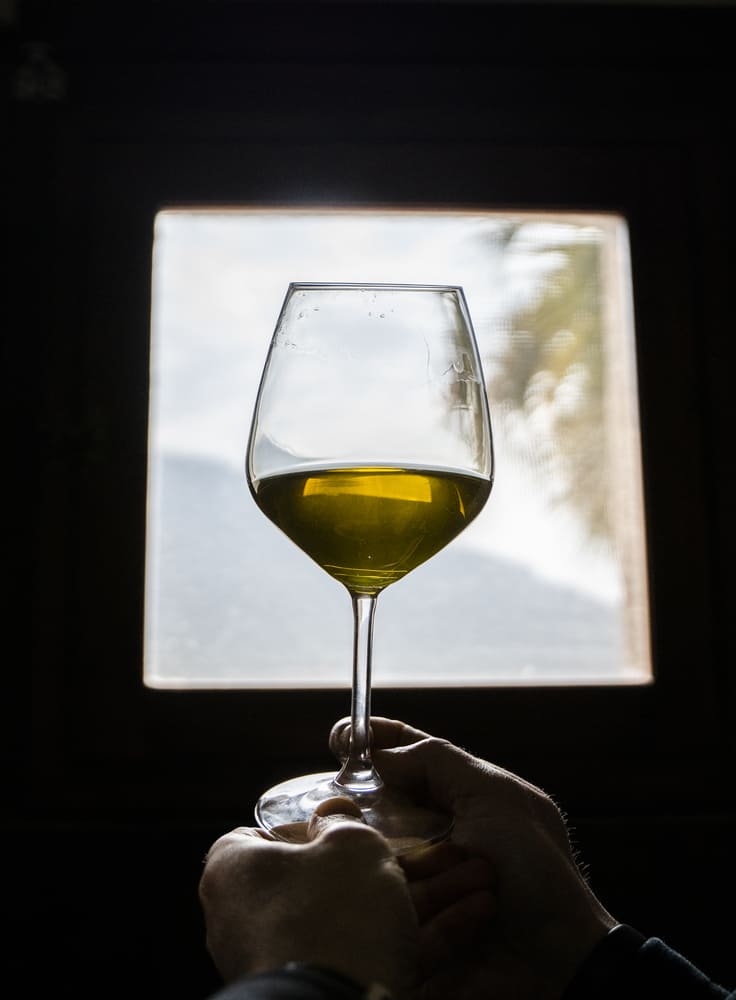Extra Virgin Olive Oil: 6 Myths to Debunk
E x t r a V i r g i n O l i v e O i l : 6 M y t h s t o D e b u n k
We all know about Extra Virgin Olive Oil and its beneficial properties, but are we aware of all the myths surrounding one of Italy’s flagship products?
The greener the oil, the better it is
This is perhaps one of the most entrenched (and incorrect) beliefs. The quality of the oil is not determined by its color but depends on various factors such as the ripeness of the olives and the processing conditions at the mill. Therefore, an oil can be of excellent quality whether its color tends towards deep green or vibrant yellow.
Cloudy oil is a sign of good quality
This is another myth: unfiltered oil is only of good quality if the olives used to produce it are of high quality. The difference from filtered oil lies in its deterioration. Unfiltered oil must be consumed within the period indicated on the label.
Extra virgin olive oil never expires
Extra virgin olive oil is not eternal! The label on the bottle provides a minimum shelf life, but over time, the product loses its organoleptic and nutraceutical properties. Therefore, it is always advisable to buy the right amount of oil needed and use the older oil for cooking.

Extra virgin olive oil is not suitable for frying
Actually, the opposite is true! Extra virgin olive oil withstands high temperatures very well, making it an excellent choice for frying. The only consideration is to use a mild extra virgin olive oil, as its flavor is generally quite strong.
If it freezes in winter, it must be extra virgin olive oil
Extra virgin olive oil does freeze, but it is not the only type of oil that does. Therefore, you cannot conclude that an oil is extra virgin just because it freezes. Generally, oil does not like extreme temperature changes, so it is advisable not to store it in a place that is too cold or too hot.
If the oil has a “bite,” it means it is acidic
In reality, the “bite” sensation depends on the variety and ripeness of the fruit, and it is not related to acidity. Bitter or spicy sensations are due to the presence of polyphenolic substances, which are beneficial for health. The higher the quantity of these substances, the stronger the bitter and spicy sensations.
